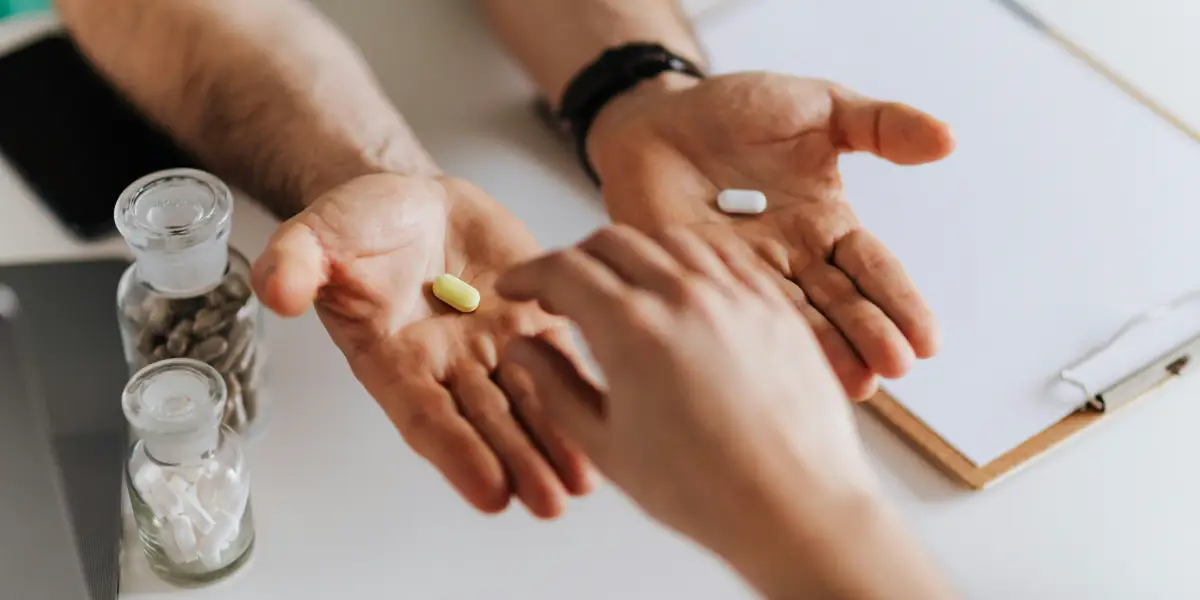What is the Link Between Addiction and Isolation?
There is a strong correlation between addiction and isolation. Addiction often results in social isolation due to factors such as shame and stigma, damaged relationships, and prioritizing substance use over social interactions. The societal stigma surrounding addiction and the breakdown of trust within relationships due to manipulative behaviors can further exacerbate this isolation.
- Shame and stigma: Individuals struggling with addiction often experience feelings of shame, leading them to withdraw from social interactions.
- Damaged relationships: As addiction progresses, trust within relationships may erode due to lies, broken promises, and manipulative behaviors.
- Prioritizing substance use: The pursuit of drugs or alcohol often takes precedence over maintaining social connections, resulting in neglected relationships and increased isolation.
Why are Social Connections Important in Recovery?
Rebuilding social connections plays a vital role in the recovery process. Strong social connections provide emotional support, reduce feelings of loneliness and isolation, help individuals stay focused on their recovery goals, and improve mental health by alleviating symptoms of depression and anxiety.
- Emotional support: Strong social connections provide a support system that offers encouragement, understanding, and guidance during challenging times.
- Reduced isolation: Meaningful relationships counteract feelings of loneliness and isolation, which are common triggers for relapse.
- Accountability: A supportive network can help individuals stay focused on their recovery goals and provide accountability for maintaining sobriety.
What are Some Strategies for Rebuilding Social Connections During Recovery?
There are several effective strategies for rebuilding social connections during recovery, such as engaging in support groups, reconnecting with loved ones, exploring new hobbies, volunteering, and utilizing technology for maintaining connections when in-person meetings aren’t possible.
- Engage in support groups: Attending meetings such as Alcoholics Anonymous (AA) or Narcotics Anonymous (NA) provides opportunities to connect with others who understand the challenges of addiction recovery.
- Reconnect with loved ones: Open communication, acknowledging past mistakes, and demonstrating consistent commitment to recovery can help rebuild trust with family and friends.
- Explore new hobbies: Participating in sober activities and pursuing new interests can lead to connections with like-minded individuals.
What are the Challenges in Rebuilding Social Connections During Recovery?
Rebuilding social connections during recovery may present challenges such as trust issues, identifying healthy relationships, and managing social anxiety. It’s important to be patient, demonstrate commitment through actions, distance oneself from individuals who enable destructive behaviors, and gradually increase social engagement to manage anxiety.
- Trust issues: Rebuilding trust takes time and consistent effort. It’s important to be patient and demonstrate commitment through actions, not just words.
- Identifying healthy relationships: It may be necessary to distance oneself from individuals who enable destructive behaviors and instead focus on building connections that support recovery goals.
- Social anxiety: For those who have been isolated for extended periods, social interactions may feel overwhelming. Starting small and gradually increasing social engagement can help manage anxiety.
How Can Rebuilding Social Connections Enhance the Chances of Long-term Sobriety?
By prioritizing the rebuilding of social connections, individuals in recovery can create a supportive environment that enhances their chances of long-term sobriety and overall well-being. The power of human connection can be a significant factor in achieving and maintaining a fulfilling, substance-free life.
- Supportive environment: A strong social network can provide the emotional support and accountability needed to maintain sobriety.
- Reduced isolation: Rebuilding social connections can counteract feelings of loneliness and isolation, common triggers for relapse.
- Improved mental health: Social connections can alleviate symptoms of depression and anxiety, which often co-occur with addiction.
Britney Elyse has over 15 years experience in mental health and addiction treatment. Britney completed her undergraduate work at San Francisco State University and her M.A. in Clinical Psychology at Antioch University. Britney worked in the music industry for several years prior to discovering her calling as a therapist. Britney’s background in music management, gave her first hand experience working with musicians impacted by addiction. Britney specializes in treating trauma using Somatic Experiencing and evidence based practices. Britney’s work begins with forming a strong therapeutic alliance to gain trust and promote change. Britney has given many presentations on somatic therapy in the treatment setting to increase awareness and decrease the stigma of mental health issues. A few years ago, Britney moved into the role of Clinical Director and found her passion in supervising the clinical team. Britney’s unique approach to client care, allows us to access and heal, our most severe cases with compassion and love. Prior to join the Carrara team, Britney was the Clinical Director of a premier luxury treatment facility with 6 residential houses and an outpatient program




